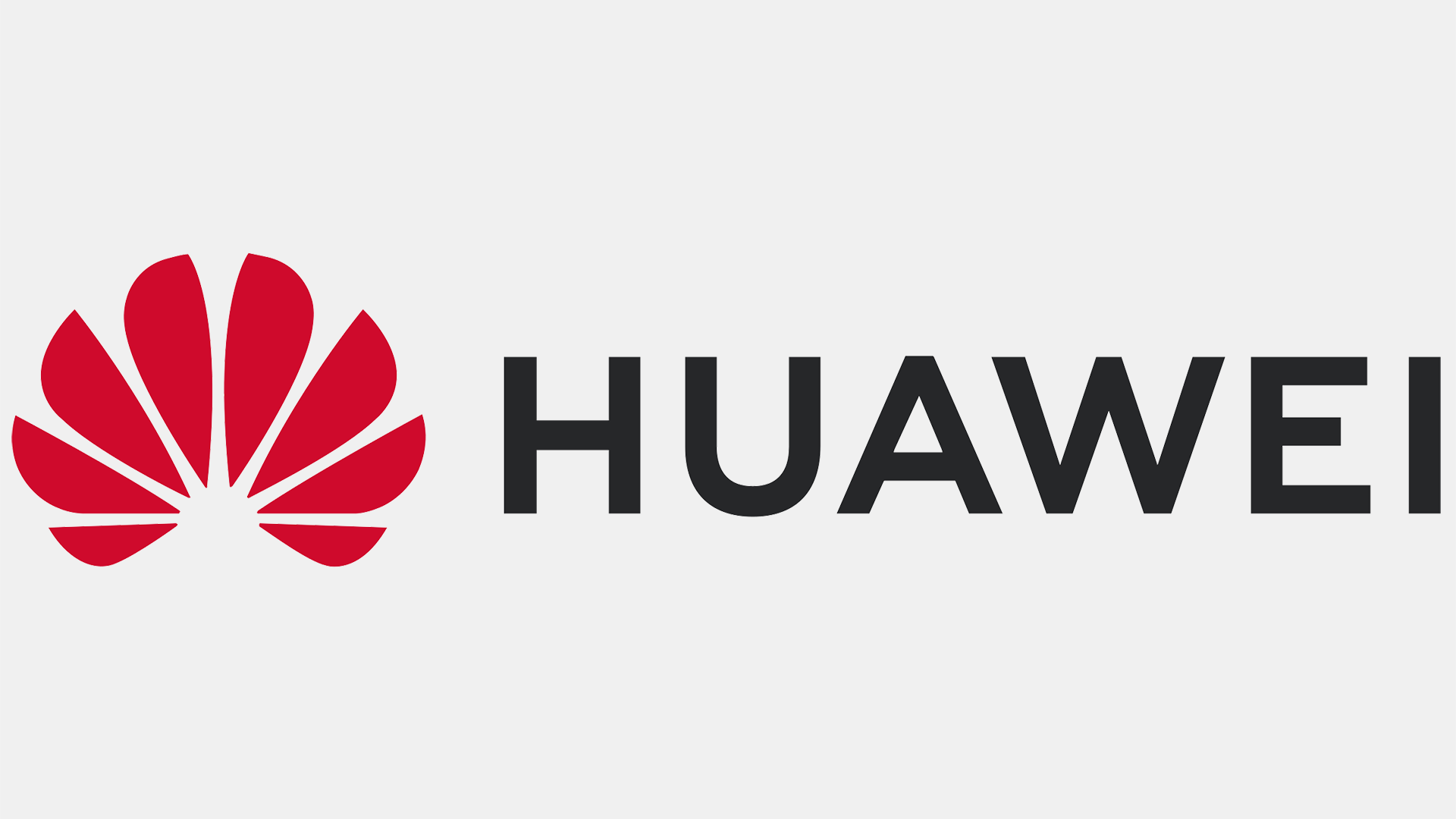American and British lawmakers are seeing red as Chinese tech giant Huawei has been found to be funding a major college research competition, a new revelation atop their recently discovered private donations and grants to universities on both sides of the pond.
Huawei’s efforts to silently fund the Optica Foundation Challenge is concerning for some, especially lawmakers, but it is not as sneaky or underhanded as the typical ways foreign entities typically interact with schools. $2.32 billion in contracts were directly extended to U.S. colleges by Chinese entities between 2012 and 2024, according to theWall Street Journal. Some of these contracts include auto companies funding research on automobiles at the University of Michigan, located miles away from Ford’s headquarters, or China’s top three government oil companies funding research at UT-Austin. China is only the fourth biggest donating country to American universities; Qatar and Israel both donate significant sums to U.S. colleges.

China’s high payouts to U.S. entities are cause for concern among American lawmakers, who fear all Chinese activity is linked to their military. Huawei’s use of Intel ‘Meteor Lake’ processors in their latest laptop release hasdrawn intense criticismfrom American lawmakers who consider Intel and Huawei’s contract dangerous and frustrating. Similar lawmakers have also moved recently to ban any Chinese companies or citizens fromaccessing American cloud computing serversfor AI model training, or being able to usethe RISC-V instruction set, an open-source standard for processor instructions not even based in the U.S. This trade war America wages against China is not without reason, but it is also not entirely watertight, with China claiming the real concern is notsecurityrisks but the risk of America losing world market dominance to a different nation.
The Optica Foundation Challenge is based on using light waves to solve problems in the environment, health, and information; only one of these three pillars is even tangentially related to Huawei’s interests. It is possible Huawei is involved in this competition for the pure good of funding better research. Equally likely is the possibility of malicious intent. We are unlikely to find a perfect answer to this query, but rest assured that American and British lawmakers alike will shortly be using it as ammunition in their anti-Chinese tech offensives.

Get Tom’s Hardware’s best news and in-depth reviews, straight to your inbox.
Sunny Grimm is a contributing writer for Tom’s Hardware. He has been building and breaking computers since 2017, serving as the resident youngster at Tom’s. From APUs to RGB, Sunny has a handle on all the latest tech news.